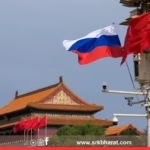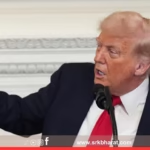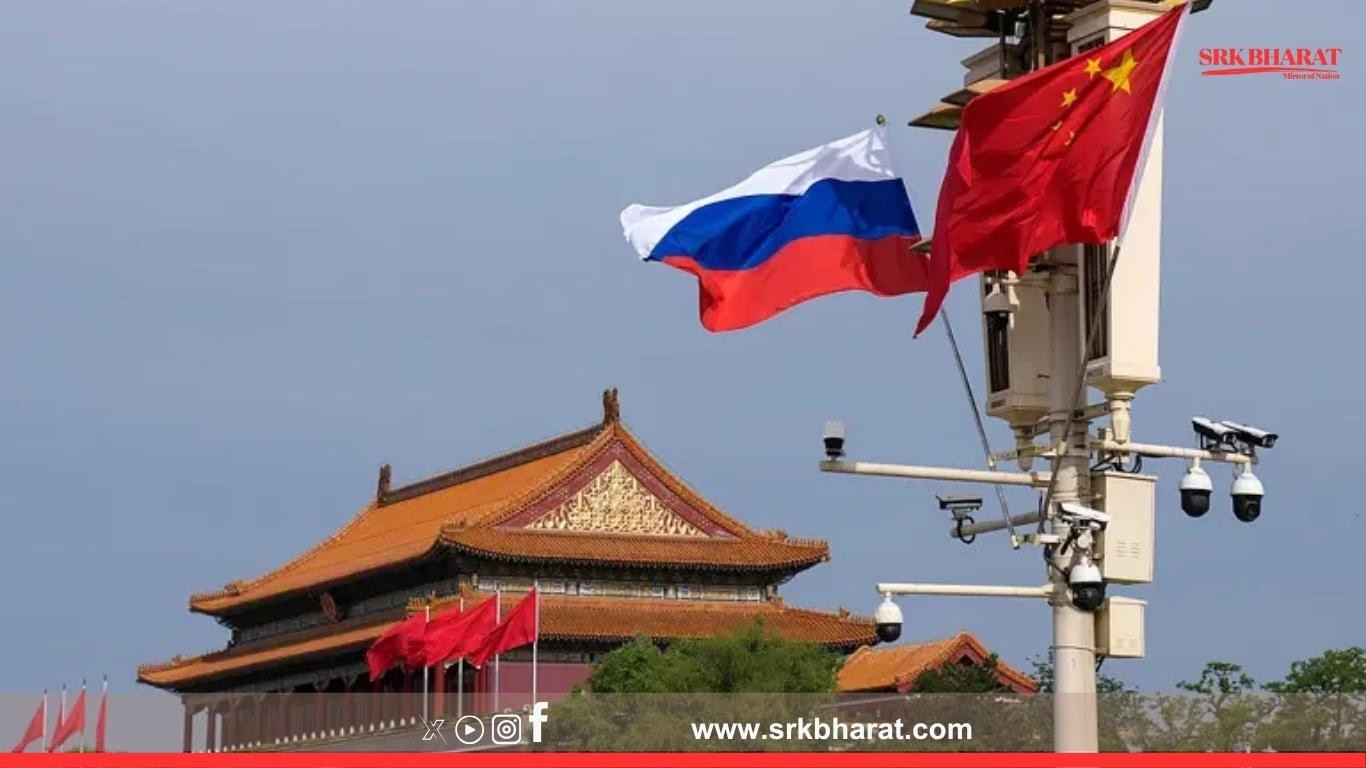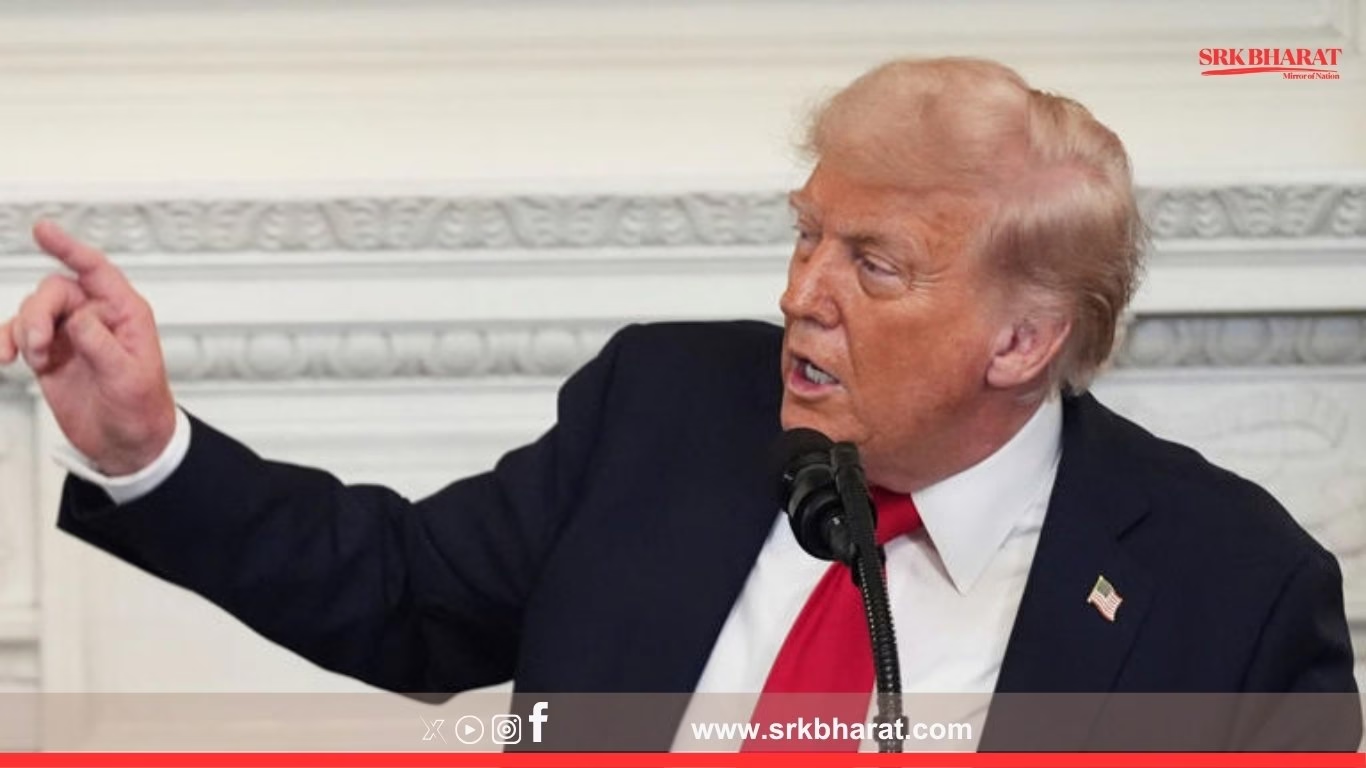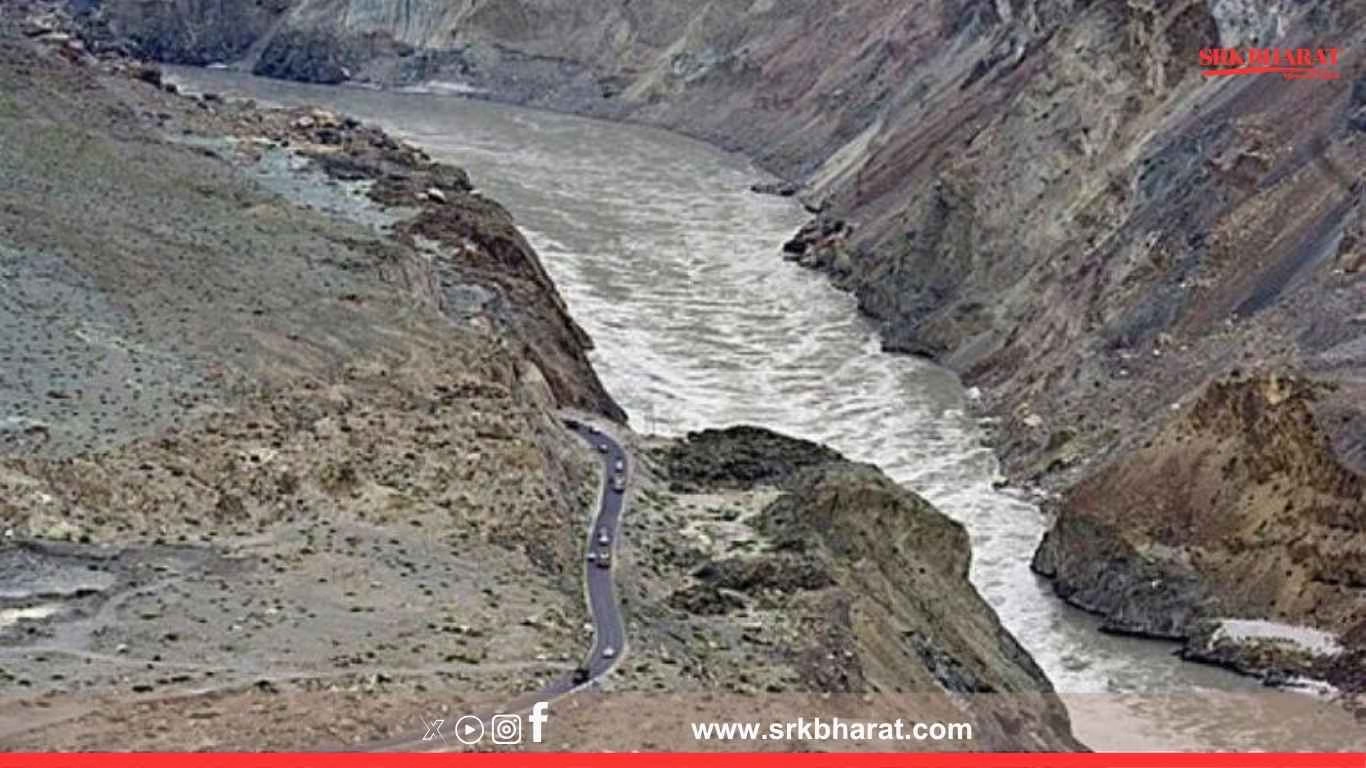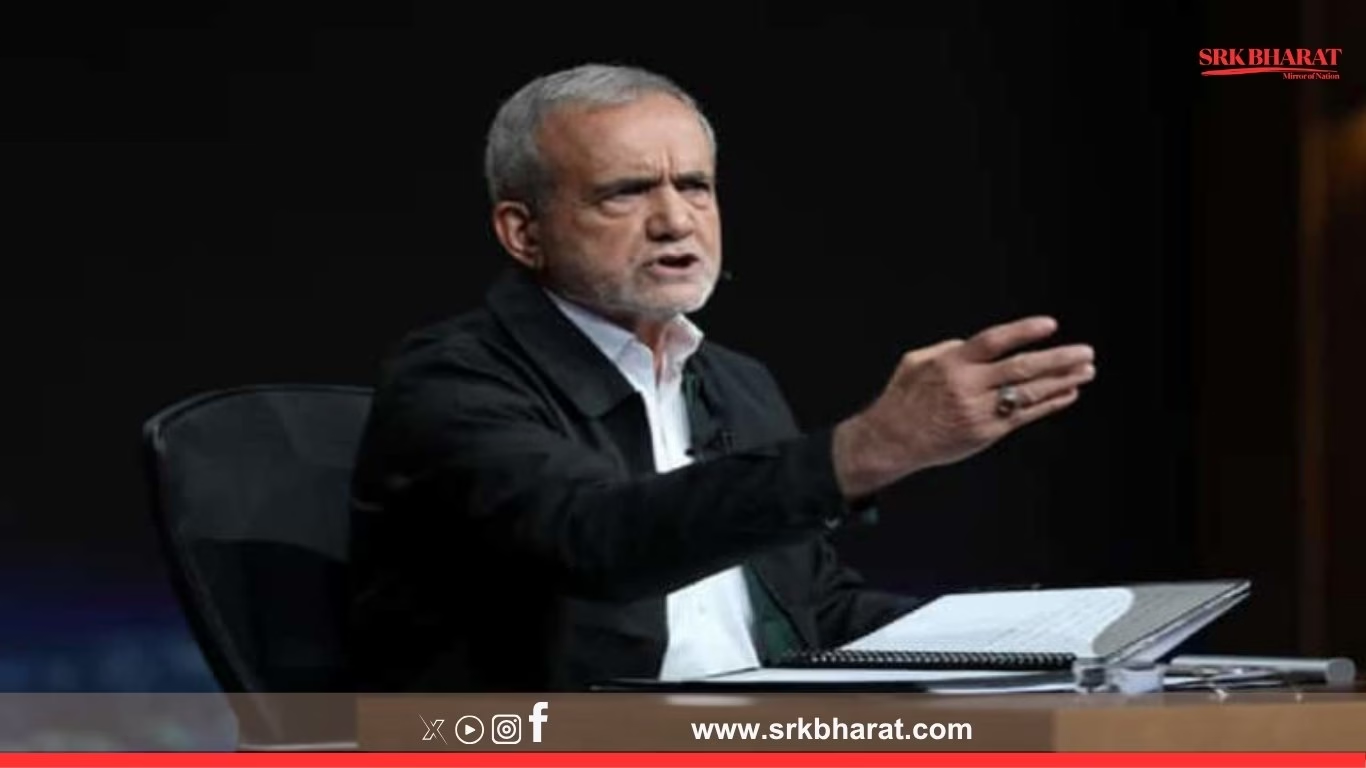India issued a strong statement asserting that only the Dalai Lama has the legitimate authority to decide his successor, effectively rejecting China’s claims that it has the power to appoint the next spiritual leader of Tibetan Buddhism. The statement marks a significant diplomatic snub to Beijing, reiterating New Delhi’s support for the Tibetan spiritual and cultural framework at a time of heightened border and geopolitical tensions.
India’s Firm Stand On The Dalai Lama’s Successor
During a press briefing on Tuesday, Ministry of External Affairs (MEA) spokesperson Randhir Jaiswal stated:
“The selection of the next Dalai Lama is an exclusively religious and spiritual matter for the Tibetan Buddhist community. No external entity has any role in this process.”
The comment came in response to Chinese Foreign Ministry assertions last week that “Beijing holds historical authority to approve the reincarnation process” under its 2007 “Regulations on Religious Affairs.”
Why This Matters: Context Of The Tibet-China-India Equation
- The Dalai Lama, aged 90, lives in Dharamshala, Himachal Pradesh, since fleeing Chinese occupation in 1959.
- China insists it will appoint his successor to control Tibetan Buddhism within its territory.
- The Dalai Lama has repeatedly stated he may reincarnate outside Tibet or may not reincarnate at all, preserving religious freedom from Chinese state influence.
- India’s statement signals diplomatic recognition of Tibet’s spiritual autonomy.
Key Statements By The Dalai Lama On Reincarnation
Over the years, the Dalai Lama has said:
- “Reincarnation is my decision alone, no one else has authority over it.”
- “If I pass away while abroad, my reincarnation may appear there to continue my work.”
- “If Tibet remains under oppressive rule, I may not reincarnate at all.”
These statements challenge Beijing’s legal and political attempts to project control over Tibetan Buddhism’s future leadership.
China’s 2007 Regulations On Reincarnation: Explained
| Provision | Summary |
|---|---|
| Article 7 | Reincarnations must not be influenced by foreign organisations or individuals. |
| Article 8 | Monasteries must seek approval from provincial and national religious affairs departments. |
| Article 9 | High-level reincarnations require State Council approval. |
These laws enable the Communist Party to install its preferred Panchen Lama and Dalai Lama, consolidating ideological control over Tibetan regions.
India’s Geopolitical Significance Of The Stand
India’s statement comes amid:
- China’s increasing military assertiveness along the LAC, with recent satellite images showing expanded troop camps in Eastern Ladakh.
- Renewed tensions over Arunachal Pradesh, which China claims as South Tibet.
- Strategic alignment with the US, Japan, and Quad partners, all of whom support religious freedom for Tibetans.
International Reactions
- US State Department (2023): Passed the “Promoting a Resolution to the Tibet-China Dispute Act” affirming that “only Tibetan Buddhists have the right to identify the next Dalai Lama.”
- European Parliament: Passed multiple resolutions condemning China’s interference in Tibetan religious succession.
- Tibetan Government-in-Exile (CTA): Welcomed India’s reiteration of the Dalai Lama’s sole authority.
CTA President Penpa Tsering stated:
“India has once again shown moral courage in standing with truth and Tibetan cultural freedom.”
Strategic Analysts View India’s Move As A Calculated Signal
| Analyst | Observation |
|---|---|
| Brahma Chellaney, Strategic affairs expert | India is reinforcing its Tibet card to counterbalance Chinese aggression. Supporting the Dalai Lama’s succession rights challenges Beijing’s sovereignty narrative. |
| Lt Gen DS Hooda (Retd) | This is part of a larger Indian strategy to integrate spiritual diplomacy with security posture along the Himalayan border. |
| Alka Acharya, China studies scholar | While symbolic, it reopens the Tibet issue internationally, which China has sought to keep closed since 1959. |
Historical Timeline: Tibet, Dalai Lama, And India
| Year | Event |
|---|---|
| 1950 | China invades Tibet. |
| 1959 | Dalai Lama flees to India, forms Tibetan Government-in-Exile in Dharamshala. |
| 1995 | China appoints its own Panchen Lama, ignoring the Dalai Lama’s choice. |
| 2007 | China passes reincarnation approval law. |
| 2011 | Dalai Lama devolves political powers to elected CTA. |
| 2025 | India asserts Dalai Lama’s sole authority over succession. |
Potential Impact On India-China Relations
Experts warn India’s statement may:
- Trigger diplomatic protests from Beijing.
- Impact disengagement talks along the LAC.
- Fuel Chinese media propaganda branding India as interfering in “internal affairs.”
However, Indian officials maintain Tibet is a matter of spiritual and humanitarian concern, not territorial ambition.
Tibetan Community Welcomes India’s Support
Tibetans across Dharamshala and Ladakh’s settlements celebrated the statement. A Tibetan youth leader said:
“China wants to colonise our religion like it colonised our land. India’s stand protects our identity.”
BJP, Congress Unite On Tibet Issue
In a rare bipartisan stance, Congress leader Jairam Ramesh praised the MEA statement, adding:
“We have always stood with the Tibetan people. This is a moral responsibility, not just diplomacy.”
BJP spokesperson Sudhanshu Trivedi emphasised:
“Under PM Modi, India will never compromise on civilisational values or spiritual freedoms.”
Conclusion
India’s declaration that only the Dalai Lama can choose his successor marks a direct challenge to China’s aggressive religious control policy in Tibet. While it will likely intensify diplomatic friction between the two Asian powers, it reinforces India’s image as a defender of cultural and religious freedoms. As the Dalai Lama’s succession remains one of the most sensitive geopolitical flashpoints in Asia, New Delhi’s latest stand could have profound ramifications for the future of Tibet, Himalayan security, and the broader India-China relationship.
Disclaimer: This news report is based on government statements, historical records, and expert analyses. Readers are advised to follow official MEA updates for evolving diplomatic positions on Tibet and China.



